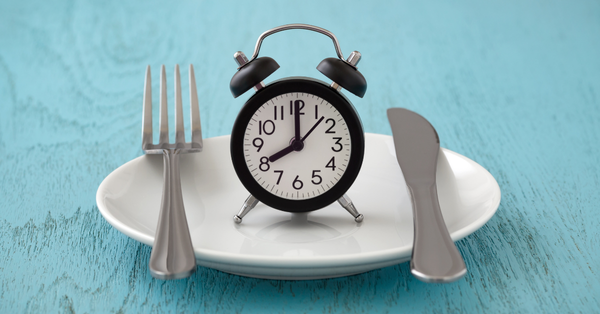Why Fatigue After 40 May Be Hormonal — Not Just Lifestyle

You’re eating better. You’re trying to sleep more. Maybe you even exercise.
But the exhaustion is still there. That deep, low-energy drag that makes everything feel harder — even when you’re doing “everything right.”
If that sounds familiar, here’s the truth:
It’s not just your habits. It could be your hormones.
🧠 Fatigue After 40 Isn’t Just About Sleep
After 40, both men and women experience hormonal shifts that directly impact energy, metabolism, and mood.
Common signs of hormone-related fatigue:
- Tired in the morning, even after 7–8 hours of sleep
- Afternoon crashes
- Cravings for caffeine or sugar
- Brain fog, low motivation, or mood swings
Why it matters: These are red flags that your body is struggling with regulation, not just rest.
👉 Related: 3 Morning Habits That Help Burn Belly Fat After 40
⚖️ Hormones That Impact Energy After 40
Let’s look at the key players that often go out of balance — and what to do instead:
1. Cortisol — The Stress Hormone
Instead of: pushing through with more caffeine or late-night screen time...
Try this:
- Get 10 minutes of natural light within 30 minutes of waking
- Avoid caffeine in the first hour
Bonus: Pair your morning with hydration + minerals to support your adrenal rhythm.
Why it matters: Stable cortisol = better sleep, mood, and fat-burning potential.
2. Thyroid Hormones — The Metabolic Thermostat
Instead of: skipping meals or overtraining to “burn calories”...
Try this:
- Eat protein within 2 hours of waking
- Strength train 2–3x per week
Bonus: Add selenium-rich foods like Brazil nuts or eggs for thyroid support.
Why it matters: Your thyroid governs your energy output — not eating enough will slow it down further.
3. Insulin — The Blood Sugar Gatekeeper
Instead of: eating high-sugar breakfasts or snacking all day...
Try this:
- Eat 3 balanced meals with protein, fiber, and healthy fat
- Avoid sugary coffee drinks or cereal first thing
Bonus: Take a short 10-minute walk after meals to enhance insulin sensitivity.
Why it matters: Stable blood sugar = steady energy and fewer crashes.
👉 Related: How Insulin Resistance Blocks Fat Loss After 40
4. Estrogen / Testosterone — The Mood & Motivation Drivers
Instead of: ignoring signs like low libido or mood swings...
Try this:
- Lift heavy (with good form) or use resistance bands
- Reduce alcohol, processed foods, and plastics (xenoestrogens)
Bonus: Prioritize deep sleep — that’s when hormone repair happens.
Why it matters: These sex hormones influence not just libido, but also motivation, strength, and recovery.
💥 Why “Just Push Through” Doesn’t Work Anymore
Instead of: treating fatigue like a motivation problem...
Try this:
- Listen to your body’s signals
- Track energy, sleep, mood patterns weekly
Why it matters: After 40, ignoring fatigue creates more stress — which stores more fat and worsens burnout.
If your body is asking for rest, pushing harder only burns you out faster.
👉 Related: Intermittent Fasting After 40: Smart or Risky?
✅ How to Rebuild Energy Naturally After 40
Instead of: relying on willpower or quick fixes...
Do this instead:
1. Eat to stabilize blood sugar:
- Prioritize protein and fiber at meals
- Cut back on sugar and seed oils
2. Strength train 2–3x per week:
- Focus on compound lifts (squats, rows, presses)
3. Get morning sunlight + movement:
- 5–10 minutes outdoors to reset your cortisol clock
4. Prioritize sleep over hustle:
- 7.5–8.5 hours, in a cool, dark room
5. Reduce hidden stressors:
- Practice deep breathing or grounding mid-day
Bonus: Track your energy daily to spot patterns and progress.
Final Thoughts
Fatigue after 40 isn’t just about working less or trying harder. It’s about understanding what your body needs now — not what worked 10 years ago.
When you support your hormones, energy returns. And when energy returns, fat loss, clarity, and motivation follow.
“Energy is a signal. And your body is always speaking.”
Start listening. Start adjusting. Start thriving again.
References
- Sara Gottfried, MD. The Hormone Cure. (2013)
- Wilson, J. L. Adrenal Fatigue: The 21st Century Stress Syndrome. (2002)
- Wentz, I. Hashimoto’s Protocol. (2017)





